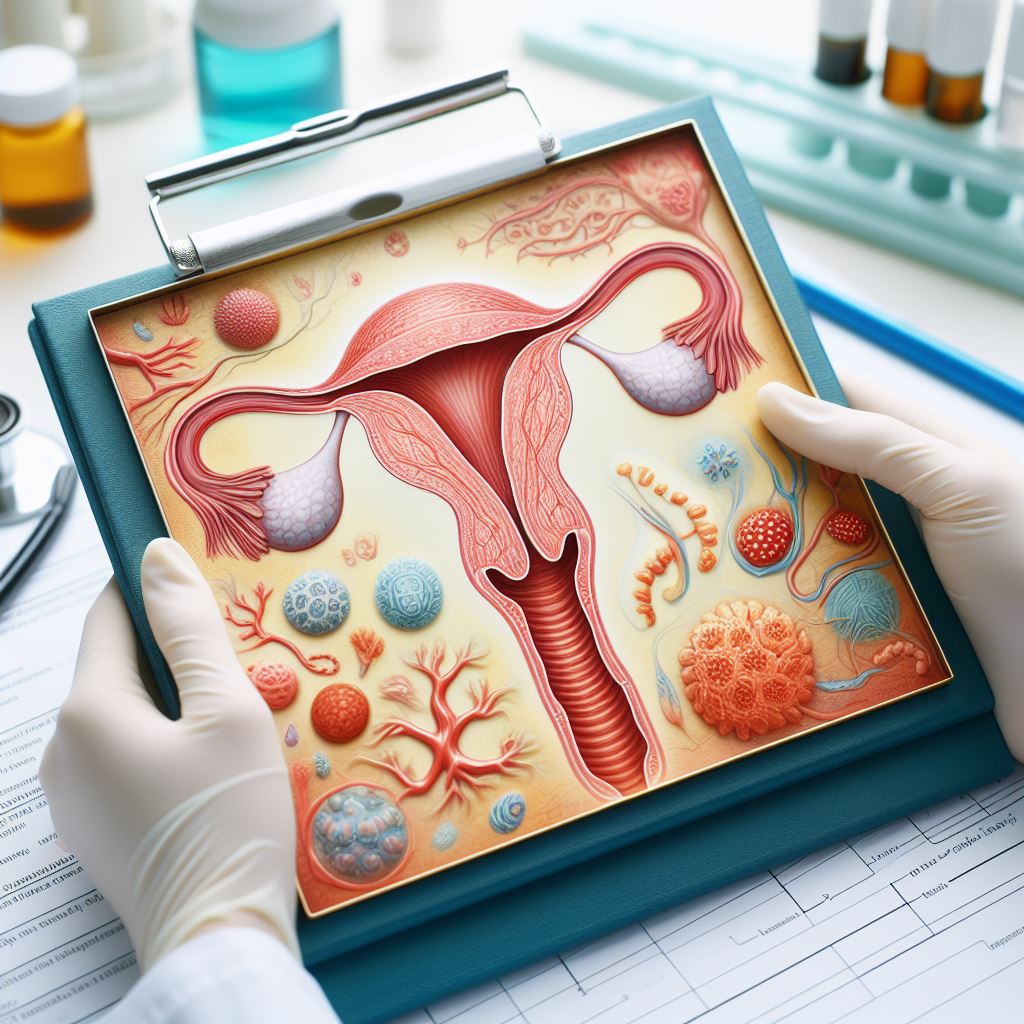Introduction
Fertility struggles can be emotionally taxing, and for many women, chronic diseases add an extra layer of complexity to the journey towards parenthood. In this comprehensive guide, we will delve into the intricate relationship between chronic diseases and fertility challenges in women. If you or someone you know is grappling with both health issues and fertility problems, this article aims to provide essential information, guidance, and hope.
Understanding the Impact of Chronic Diseases on Fertility
Chronic diseases, often characterized by long-lasting and persistent health conditions, can significantly affect a woman’s reproductive health. Understanding how these conditions intertwine with fertility is crucial for women facing such challenges.
Common Chronic Diseases and Their Fertility Implications
1. Diabetes: Diabetes, particularly when uncontrolled, can affect fertility in multiple ways. High blood sugar levels can disrupt the delicate hormonal balance required for regular ovulation. Additionally, diabetes-related complications like nerve damage can impact sexual function.
2. Polycystic Ovary Syndrome (PCOS): PCOS is both a chronic condition and a common cause of female infertility. It’s characterized by hormonal imbalances, irregular periods, and the presence of small cysts on the ovaries. PCOS can lead to irregular ovulation or anovulation (lack of ovulation), making conception more challenging.
3. Hypothyroidism: An underactive thyroid (hypothyroidism) can affect a woman’s menstrual cycle and hormone production, potentially leading to fertility problems. Thyroid disorders should be properly managed to optimize reproductive health.
4. Autoimmune Disorders: Conditions like lupus, rheumatoid arthritis, and multiple sclerosis fall under the category of autoimmune diseases. These conditions may involve the immune system attacking reproductive organs or causing inflammation that affects fertility.
5. Endometriosis: Endometriosis is a chronic condition in which tissue similar to the uterine lining grows outside the uterus. It can lead to pelvic pain, scarring, and structural abnormalities that hinder fertility.
Managing Chronic Diseases for Fertility
While chronic diseases can present significant challenges to fertility, there are strategies and treatments available to manage these conditions and improve the chances of conception:
1. Medical Management: Properly managing chronic diseases is crucial for overall health and fertility. This may involve medications, lifestyle changes, and regular monitoring. Consult with healthcare providers who specialize in both the chronic condition and fertility to ensure a comprehensive approach.
2. Weight Management: For conditions like PCOS and diabetes, maintaining a healthy weight can have a substantial impact on fertility. Weight loss and lifestyle modifications may be recommended to improve hormonal balance and ovulatory function.
3. Hormone Therapy: Some chronic conditions, like hypothyroidism, may require hormone replacement therapy to regulate hormonal levels. Balancing hormones is essential for regular menstrual cycles and optimal fertility.
4. Fertility Treatments: Women with chronic conditions may benefit from fertility treatments such as in vitro fertilization (IVF) or intrauterine insemination (IUI). These treatments can bypass certain fertility obstacles and increase the chances of pregnancy.
Emotional and Psychological Support
Dealing with both chronic diseases and fertility challenges can take a toll on a woman’s emotional well-being. It’s essential to seek support from healthcare professionals, support groups, or therapists who specialize in reproductive health and emotional support.
Lifestyle Considerations for Improved Fertility
1. Diet and Nutrition: A balanced diet can play a crucial role in managing chronic diseases and improving fertility. Consult with a registered dietitian to create a nutrition plan tailored to your specific needs.
2. Exercise: Regular physical activity can help manage chronic conditions and boost overall health. However, it’s essential to engage in exercises suitable for your condition and fertility goals.
3. Stress Management: Chronic diseases and fertility challenges can be sources of stress. Explore stress-reduction techniques such as meditation, yoga, or mindfulness to help cope with emotional burdens.
Conclusion
Fertility challenges are undeniably challenging, but when compounded by chronic diseases, they can feel overwhelming. However, it’s important to remember that many women successfully navigate both these hurdles and become parents.
By understanding the impact of chronic diseases on fertility and actively managing your health, you can increase your chances of conceiving. Seek the support of healthcare providers who specialize in both your chronic condition and reproductive health, and explore fertility treatments when necessary.
Above all, maintain hope and perseverance on your journey. With the right strategies, support, and a positive mindset, many women with chronic diseases can fulfill their dream of becoming mothers.






